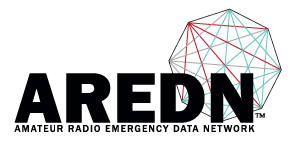Is it just me, or is everybody in the So Cal area experiencing severe slowness (and sometimes nothing at all) when checking their mesh status page on their nodes? This is my main home node:
http://10.177.158.225/cgi-bin/status
KM6ZPO-HOME-WIFI.local.mesh
I have one client tunnel to K6CCC (Glendora - my main tunnel to the Southern California Mesh) and one to a guy in Maryland. I tried turning off the Maryland tunnel which I host as a tunnel server. It made no impact.
My current home speed test is 20 Mbps down, 9 Mbps up. It's usually 50 Mbs down but again that really shouldn't matter for the crawl I'm seeing.
---mark, KM6ZPO


The only solution (at this time) is preventing routing loops. Think hub and spoke mentality.
I can understand that keeping a link open to the other side of the world might add some lag, especially if that other side has hundreds of nodes connected to it on the other side. That make sense.
I have also heard of "global" nodes. Maybe there are even "regional nodes" (i.e. United States, California, West Coast, etc.) Where are those?